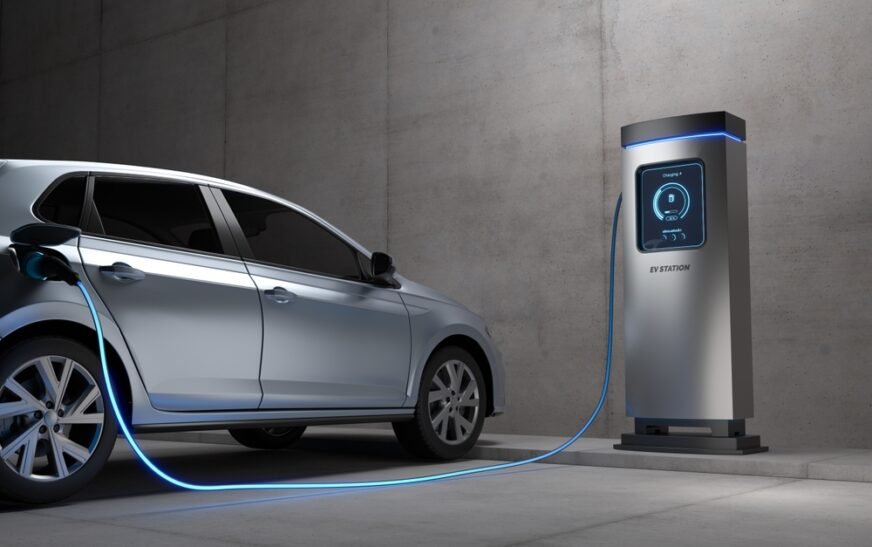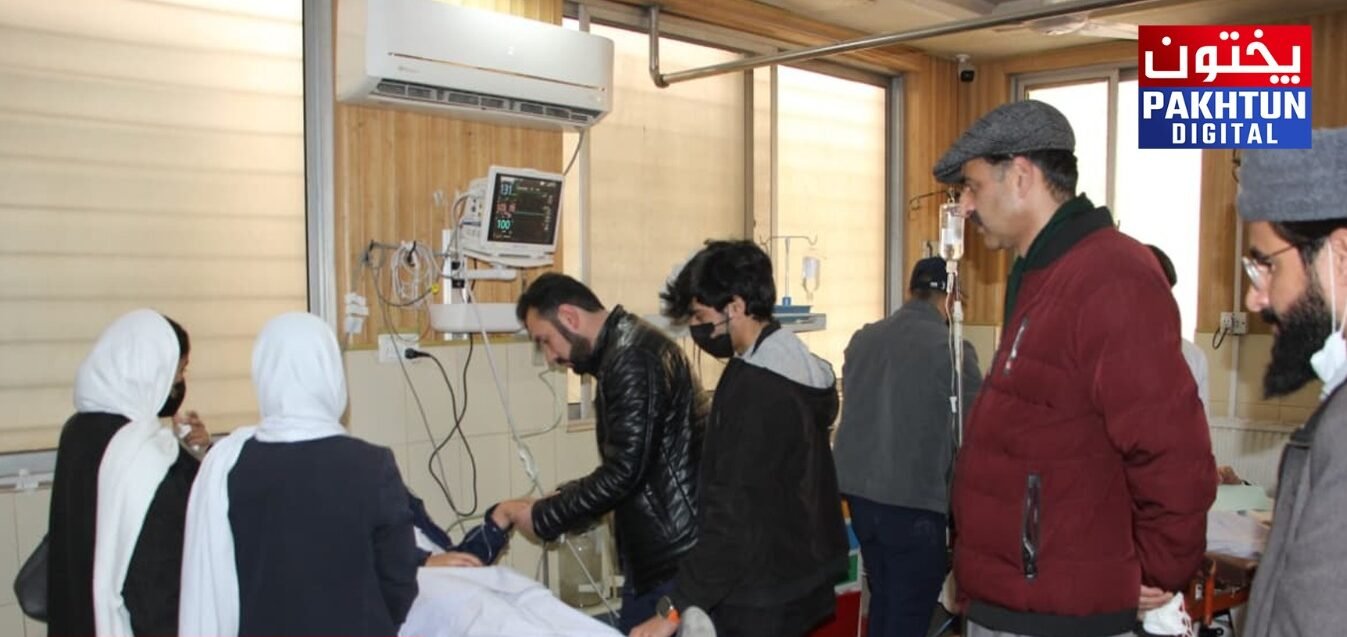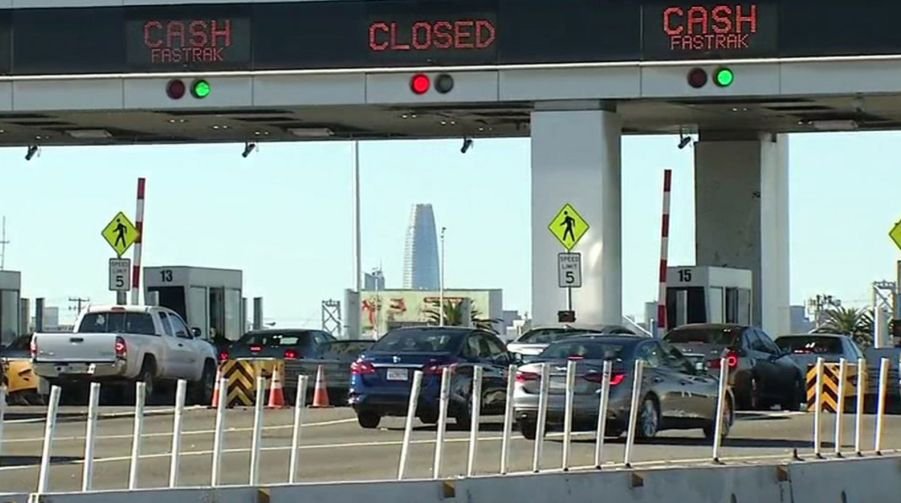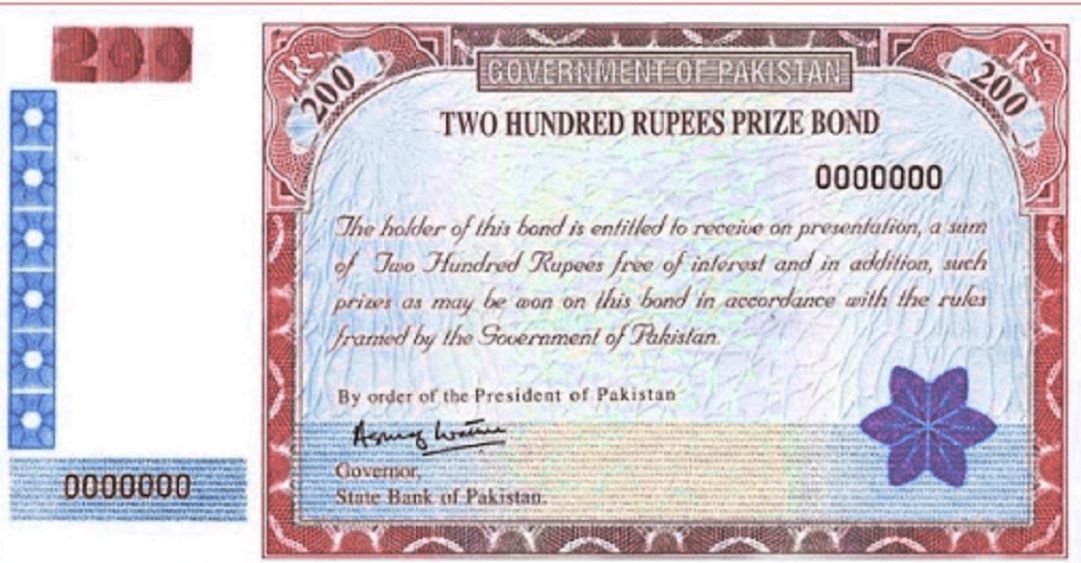ISLAMABAD: Pakistan is now a major contributor to the global shift towards electric vehicles (EVs) as the number of electric vehicles on the roads has exceeded 76,000. In line with the country’s move towards sustainable mobility, the government has also initiated its work on the target of 30% of total vehicle sales through electric vehicles by 2030.
The Local Representative Office Finance Committee meeting in the National Assembly, Syed Naveed Qamar, the chairperson of the committee, was informed about the scenario. During the meeting, members of the committee deliberated on the Electric Vehicle Policy and its implementation stage.
Qamar mentioned that the policy contained some contradictions, for instance, the imposition of taxes on hybrid vehicles once the budget had been passed, while at the same time, two- and three-wheeler vehicles were given certain tax exemption benefits.
In return, the Secretary of Industries and Production, who was present at the meeting, highlighted that the International Monetary Fund (IMF) had committed to the policy and that the government was receiving considerable monetary assistance. A total of $1.4 billion of financing has been secured, along with a $1.8 million grant from the International Finance Corporation (IFC).
Savings and Benefits of the Electric Vehicle Policy
The Secretary further detailed that the application of electric vehicles would help save approximately $1 billion in oil imports. The shift to EVs would also help save healthcare costs because of air pollution by $450 million. Since 2024, over 76,000 electric vehicles have already been operating in Pakistan, and several international contenders are now entering Pakistan’s market to establish manufacturing units for electric vehicles.
It aims at 30% EV sales by 2030, meaning there will be significant growth of the electric car infrastructure. Among the most significant aims is the establishment of 3,000 charging points across the country.
Subsidies and Regulatory Reforms
The policy includes a number of subsidies on the utilization of electric cars. For instance, electric bikes, which have developed very rapidly, will receive a subsidy of Rs. 80,000 for the cost of purchasing an Rs. 250,000 bike. The government has also relaxed the fee for the usage of charging points. The unit rate of charging has reduced from Rs. 92 to Rs. 39.07, which is expected to lower the cost of EVs to consumers.
Charging station owners will be at liberty to charge what they think is appropriate, but they will be monitored by the relevant authorities in order to ensure competition and transparency in the market.
Huge Demand for Electric Two- and Three-Wheelers
In Pakistan, electric two-wheelers and three-wheelers are on the popularity list and the government has set the target of having 100,000 electric two- and three-wheelers by the close of this year. Up to seven times more applications for electric vehicles than expected have already arrived, with the bulk of the applications received from Punjab.
Domestic production of electric cars is also being encouraged, and the foreign firms are also being invited to set up their manufacturing units in Pakistan. The government will launch new regulations for the charging stations in one year’s time. Furthermore, in two years’ time, the government will ensure that 100% of auto parts are produced domestically. If domestic production does not meet the desired level, the subsidies provided will be revoked.
ALSO READ: Electric bikes now available on instalments through bank offer
In the future, the government intends to start producing EV batteries locally in the course of the next year. The target is to have all electric vehicle components and batteries locally manufactured within two years, a step that will cut costs and reliance on imports by half.















